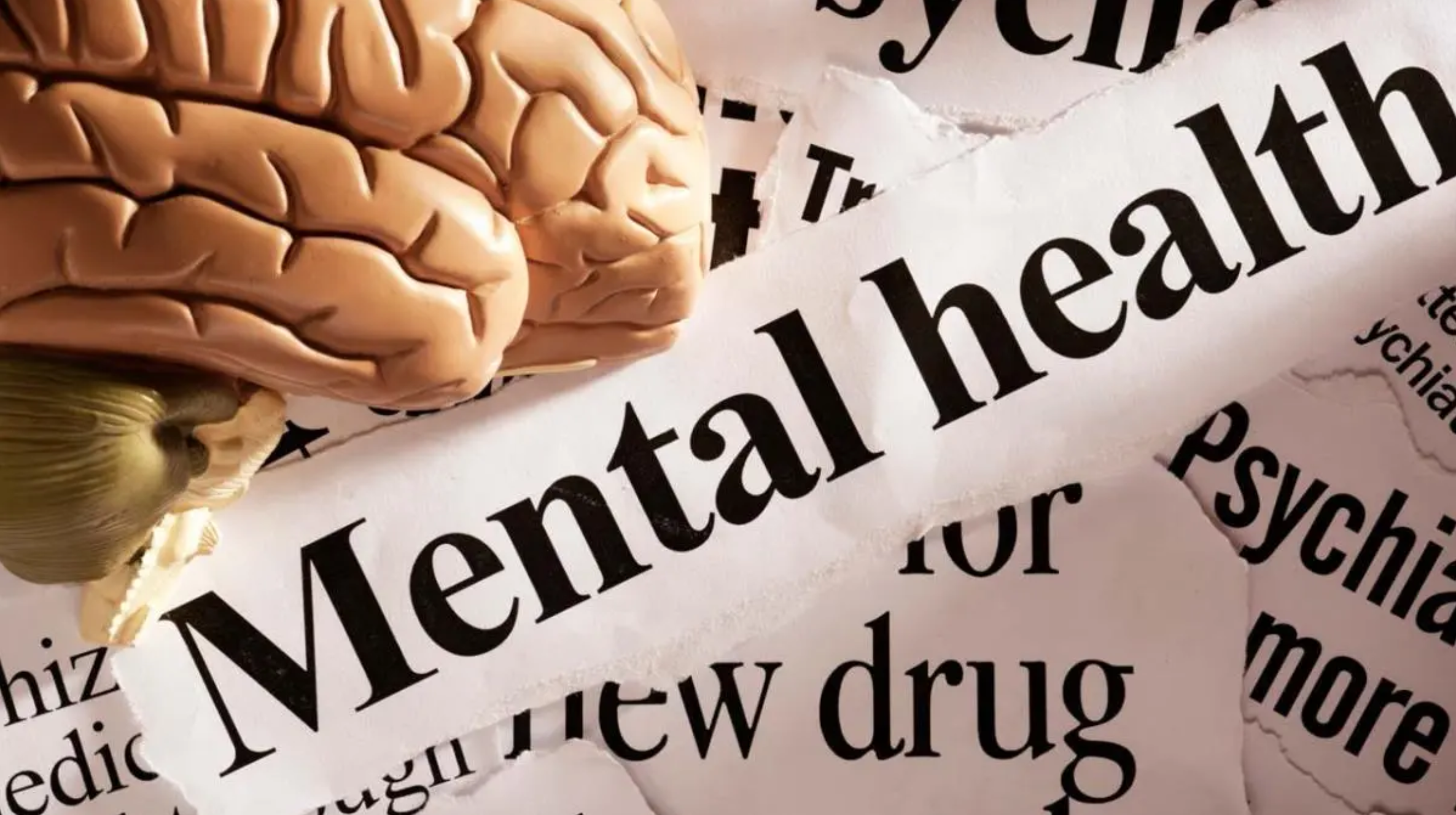Mental health education is a powerful tool in fostering understanding, reducing stigma, and equipping individuals with the knowledge and skills needed to navigate the complexities of mental well-being.
This article explores the significance of mental health education, its impact on individuals and communities, and the ways it contributes to a more compassionate and informed society.
Understanding Mental Health Education:
-
- Definition: Mental health education involves promoting awareness, knowledge, and understanding of mental health issues, emphasizing prevention, early intervention, and destigmatization.
- Holistic Approach: Incorporating psychological, emotional, and social aspects of mental well-being.
Breaking the Stigma:
-
- Challenging Misconceptions: Education dispels myths and misconceptions surrounding mental health, reducing societal stigma.
- Promoting Open Conversations: Creating an environment where individuals feel comfortable discussing mental health without fear of judgment.
The Impact on Individuals:
-
- Self-Awareness: Education empowers individuals to recognize signs of mental health challenges within themselves and others.
- Early Intervention: Equipping individuals with the tools to seek help and support at the earliest signs of distress.
Educational Initiatives in Schools:
-
- Curriculum Integration: Incorporating mental health education into school curricula to promote emotional intelligence and resilience.
- Teacher Training: Providing educators with the knowledge and skills to address mental health topics with sensitivity and expertise.
Promoting Mental Health in the Workplace:
-
- Workplace Training: Offering workshops and seminars to promote mental health awareness among employees.
- Creating Supportive Environments: Fostering workplace cultures that prioritize mental well-being and provide resources for support.
Online Resources and Accessibility:
-
- Webinars and Courses: Online platforms offer accessible resources for individuals seeking to educate themselves on mental health.
- Social Media Campaigns: Utilizing digital platforms to disseminate information, share personal stories, and foster online communities.
Family and Community Engagement:
-
- Parental Education: Providing resources for parents to understand and support their children’s mental health.
- Community Workshops: Hosting events that bring community members together to learn about mental health and support one another.
Addressing Specific Mental Health Topics:
-
- Depression and Anxiety: Understanding common mental health disorders, their symptoms, and available treatments.
- Suicide Prevention: Education on recognizing warning signs and seeking help for individuals at risk.
- Coping Strategies: Teaching practical tools for managing stress, building resilience, and maintaining well-being.
The Role of Mental Health Professionals:
-
- Training and Continuing Education: Ensuring mental health professionals stay informed about the latest research and treatment approaches.
- Collaboration with Educators: Working alongside educators to integrate mental health education into various settings.
Conclusion
Mental health education is not just about disseminating information; it is a catalyst for cultural change, empathy, and improved well-being.
By promoting understanding, challenging stigma, and empowering individuals with knowledge, mental health education contributes to the creation of a society where mental well-being is prioritized, and individuals feel supported in their journeys towards health and resilience.

Leave feedback about this